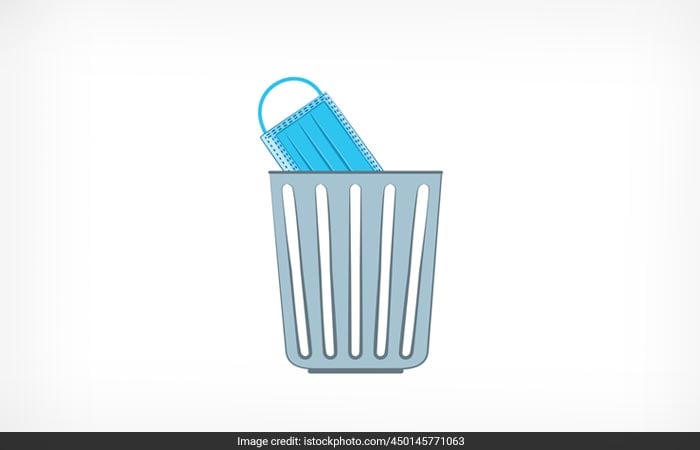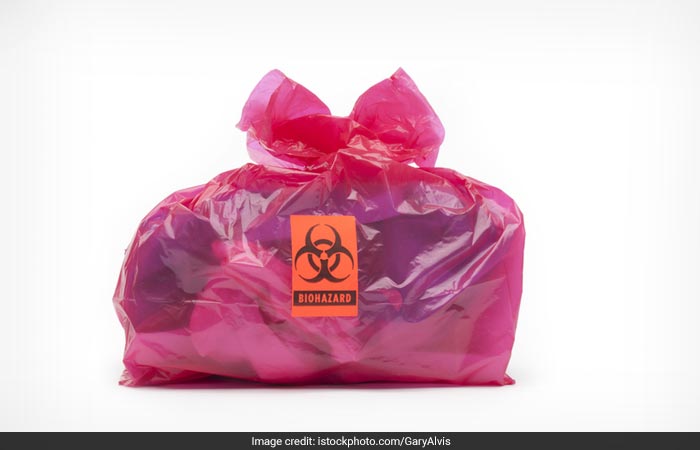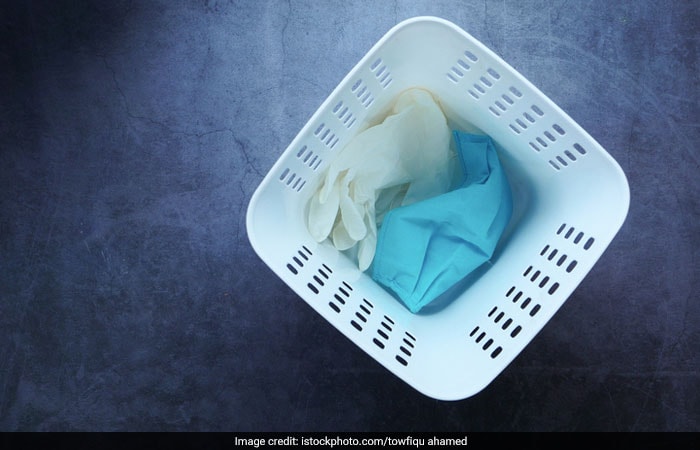Yearender 2020: COVID-19 Pandemic Threw Up Yet Another Problem To Deal With – Bio-medical Waste
A year of fighting the COVID-19 pandemic has thrown up many challenges and one of them is the surge in bio-medical waste. According to the data released by the Central Pollution Control Board (CPCB), the average quantity of COVID-19 related bio-medical waste generation was about 162 tonnes per day (TPD) for the month of November 2020. This quantity is in addition to the regular bio-medical waste generation of about 610 TPD per day (as of June, 2020). The waste is not only being generated from hospitals, labs and other medical facilities but also from households. In the last six months, between June to November, India produced 28,468.85 tonnes of COVID-19 related bio-medical waste. As the year 2020 comes to an end, experts share the lessons to be learnt from the COVID-19 pandemic when it come to waste management.
Lack Of Awareness Among Citizens
Swati Sambyal, a Delhi-based waste management expert said, 'Awareness on effective waste management at the household level is extremely poor, people have been giving a lot of their mixed household waste in the designated yellow bag meant for COVID-19 waste.' Ms Sambyal called for effective awareness at ward/zone level highlighting the importance of third bin meant for domestic hazardous waste.


Lack Of Implementation Of Appropriate Strategies
Sourabh Manuja, Fellow, Centre for Waste Management, Environment & Waste Management Division at The Energy and Resources Institute (TERI) suggested effective implementation of strategies. He said, 'Cities lack implementation of appropriate strategies to collect and manage hazardous waste; stringent monitoring, review and verifications are required. Cities need appropriate training and capacity building along with infrastructure to manage bio-medical waste they generate, including domestic hazardous waste.'

Bio-medical Waste Management Infrastructure Capacities
Ms Sambyal believes that many Common Biomedical Waste Treatment Facility (CBWTF) are running over capacity and have no space to take in more waste. Also, in smaller towns there are not sufficient bio-medical waste management facilities and the country needs to upscale the same.
Need For Stringent Implementation Of Policies
Ms Sambyal and Mr Manuja said policies are in place but their implementation is a challenge. Mr Manuja suggested making policies more stringent with a penal mechanism. 'Make sure that stakeholders are involved while formulating and implementing policies at city level', he added.
















